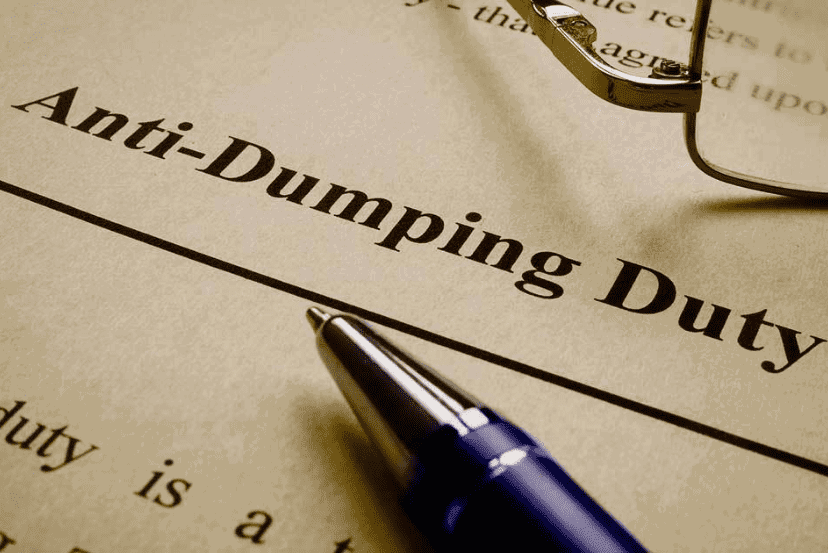Saint-Gobain pushes for tariffs on sol-gel alumina abrasive imports from China
Saint-Gobain Ceramics & Plastics, Inc. has officially filed a petition seeking to impose antidumping and countervailing duties on sol-gel alumina-based ceramic abrasive grains imported from China. The move is aimed at addressing what the company claims are unfair trade practices that have impacted the U.S. abrasive grain market.

According to the petition, the investigation will focus on specific ceramic abrasive grains made from at least 94 per cent aluminium oxide (Al₂O₃) and potentially mixed with compounds such as titanium dioxide, silicon dioxide, and zirconium dioxide, among others. These grains, known for their advanced crystalline microstructure and superior abrasive capabilities, differ significantly from conventional fused grains.
The grains in question come in various shapes, including angular, sharp, blocky, splintery, and even star-like forms, offering grit sizes between 20 and 280 (0.85 mm to 0.0395 mm). Their hardness, measured using the Vickers Diamond Indent Method, falls within 16 to 22 gigapascals, while their crystalline structure ranges from 0.1 to 30 µm. Typically seen in shades of blue, white, translucent white, and off-white, these grains are widely used in advanced abrasive applications due to their exceptional durability and cutting precision.
Saint-Gobain’s petition signals heightened concerns over the competitive imbalance in the U.S. market, raising critical questions about the future of domestic manufacturing in this high-performance materials sector. If accepted, the case could lead to significant duties on Chinese imports, reshaping the dynamics of the industry.
Ceramic abrasive grains are produced exclusively using the "sol-gel" process, which forms a distinctive crystalline structure that sets them apart from conventional fused abrasive grains. This advanced process endows ceramic grains with exceptional properties, including extreme hardness and strength, superior resistance to abrasion and chemicals, a high melting point, excellent thermal conductivity, remarkable refractoriness, high dielectric strength, and outstanding electrical resistivity, even at elevated temperatures.
The scope of this investigation encompasses sol-gel alumina-based ceramic abrasive grains, whether standalone or incorporated into downstream products such as abrasive papers, grinding wheels, grinding cylinders, and grinding discs. When included in such downstream products, only the sol-gel alumina-based ceramic abrasive grains are subject to the investigation, not the entire downstream product.
These abrasive grains are primarily classified under the Harmonised Tariff Schedule of the United States (HTSUS) subheadings 2818.10.2090 and 2818.10.2090. However, when incorporated into downstream products, they may also fall under subheadings 2818.10.1000, 2818.20.0000, 2818.30.0000, 3824.99.1100, 3824.99.1900, 6804.22.1000, 6804.22.4000, 6804.22.6000, 8204.12.0000, 8474.90.0010, 8474.90.0020, 8474.90.0050, and 8474.90.0090.
While HTSUS codes are provided for ease of reference in customs procedures, the written description of the merchandise takes precedence in determining the scope of the investigation.
Top image credit: Credlix
Information credit: JDSPURA
This news is also available on our App 'AlCircle News' Android | iOS


























